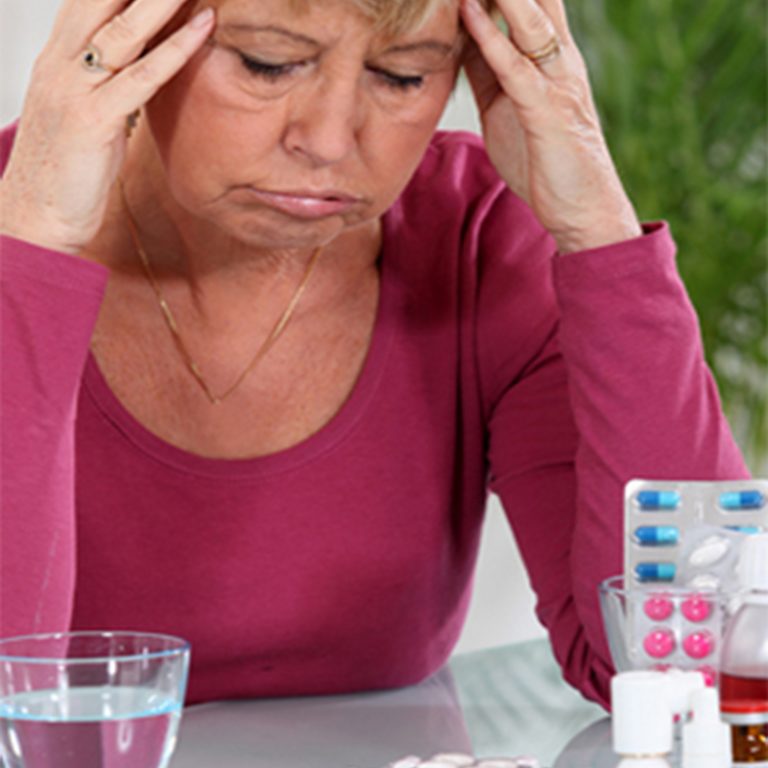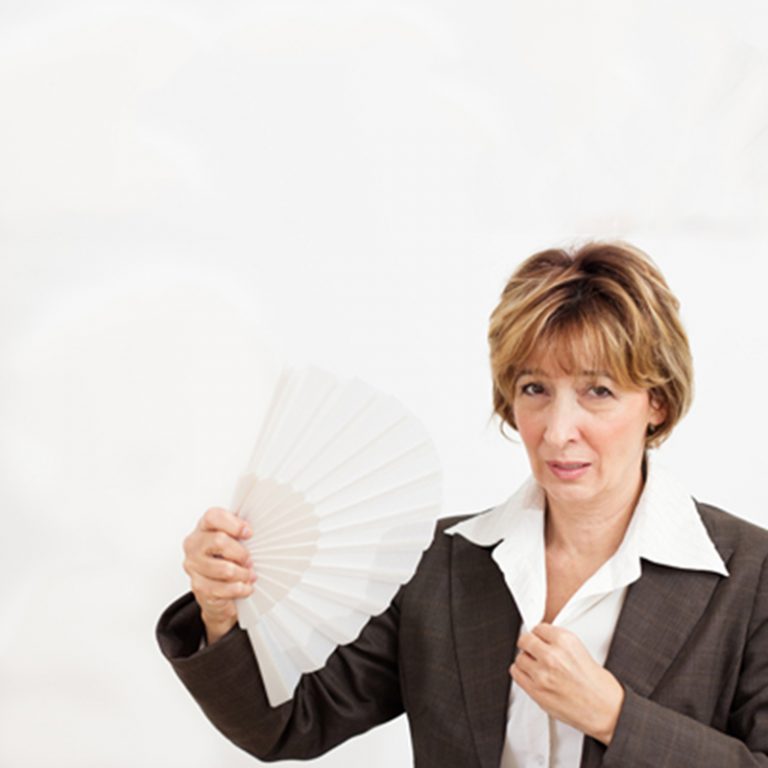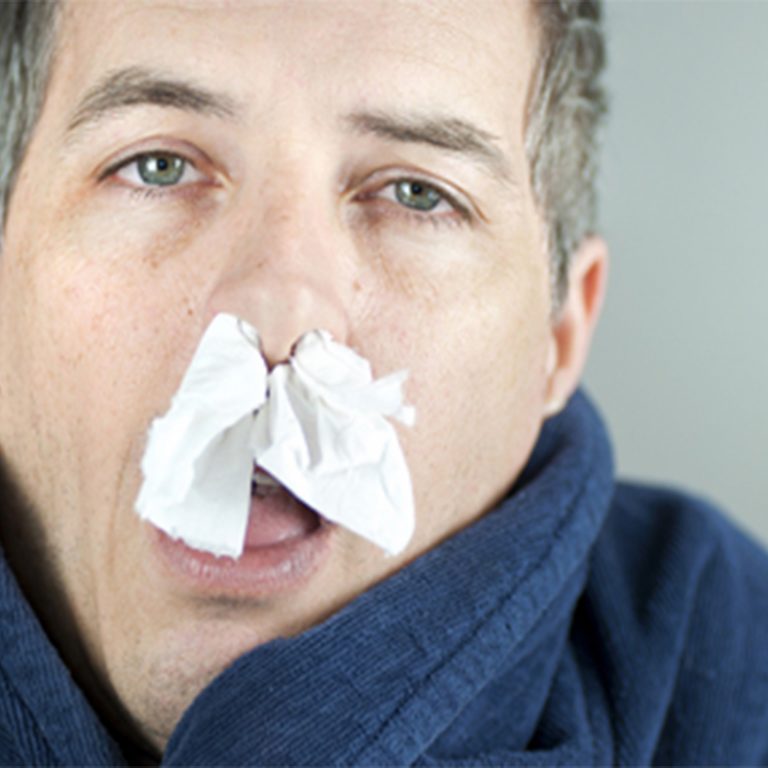Vaginal Dryness (Post Menopause) Symptoms and Treatment
Vaginal dryness can affect any woman, although it is most common after the menopause, affecting over half of post-menopausal women.
Glands at the neck of the womb (the cervix) produce a secretion which keeps the vagina supple and moist. This secretion moves down through the vagina, keeping it clean and removing dead cells. The vaginal moisture is slightly acidic and this helps to keep the area healthy and free of infections such as thrush. During sex two glands at the entrance of the vagina produce additional moisture to make intercourse comfortable. However, a large number of women experience vaginal dryness symptoms which can be particularly uncomfortable during sex and many of these also experience pain.
Many women may experience vaginal dryness during sex because they are not sexually aroused – this can be caused by psychological reasons such as stress. Other reasons for vaginal dryness before the menopause can be linked to feminine hygiene products such as sprays and soaps, chemicals such as chlorine in swimming pools and some washing powders. Many drugs, including antibiotics and the contraceptive pill, can also dry out mucus membranes, including the vaginal tissues. I have in my practice seen one woman who was completely relieved of the problem within two months of coming off the contraceptive pill.
Vaginal dryness is one of the most common problems pre- and post-menopause symptoms because of the low levels of oestrogen, in particular in women who have had a hysterectomy or who have received chemotherapy, as these procedures lead to a sudden drop in hormone levels. Decreased production of oestrogen also leads to a drier, thinner, less elastic, and more fragile vaginal lining.
It is important to treat the condition when it is persistent, as dry, cracked tissues form a breeding ground for bacteria, leading to UTIs, or for fungal growths such as Candida. The peripheral nervous system can be irritated and in extreme cases even the brain can be affected.
According to Ayurveda, vaginal mucus is a Kapha secretion. A major focus in vaginal dryness treatment is therefore invariably to increase Kapha, by addressing the diet to include Kapha increasing foods such as bananas and yoghurt, while watermelon, yoghurt, ghee, dates, and pomegranates all help in the assimilation of Kapha. Asparagus eaten daily is also an excellent remedy. Certain foods will need to be avoided.
Ayurvedic Kapha increasing medicines are also used, and topically herbal creams and oils can be applied to repair the membrane.
Yoga practices, such as 11 rounds of Yoga Mudra, and Sheetali Pranayama are strongly recommended (refer to Yoga Books “Yatan Yoga” and “Yatan Yoga Therapy” respectively for descriptions).
When the underlying cause of this condition is correctly identified it will respond quickly to treatment. Please call the Yatan Holistic Ayurvedic Centre on 1300 552 260 to book your consultation.
Click Image to Buy Featured Products ( Yoga Books “Yatan Yoga” & “Yatan Yoga Therapy” $69.95)

*Discover holistic healing with a complimentary phone or video consultation from our expert Ayurvedic practitioner. Start your path to better health today!*























